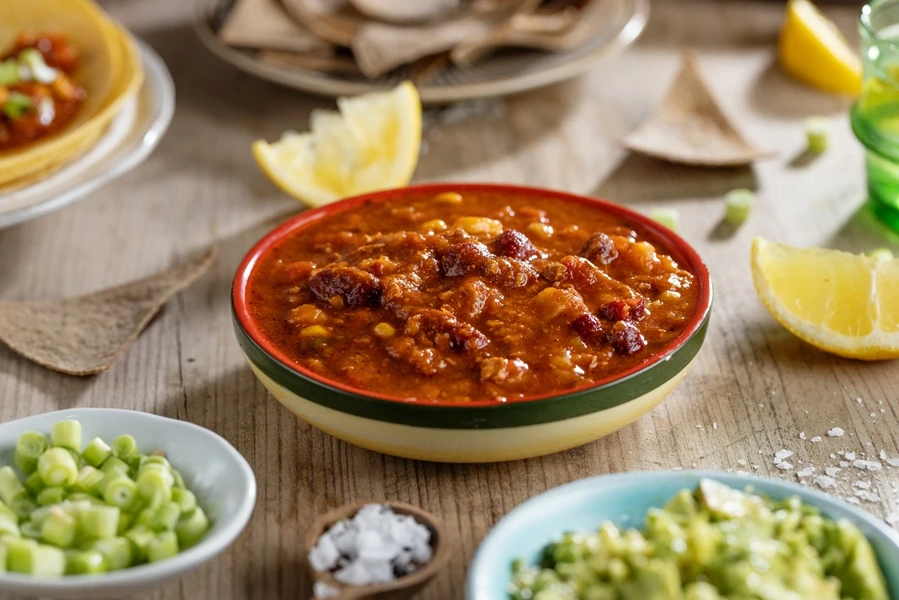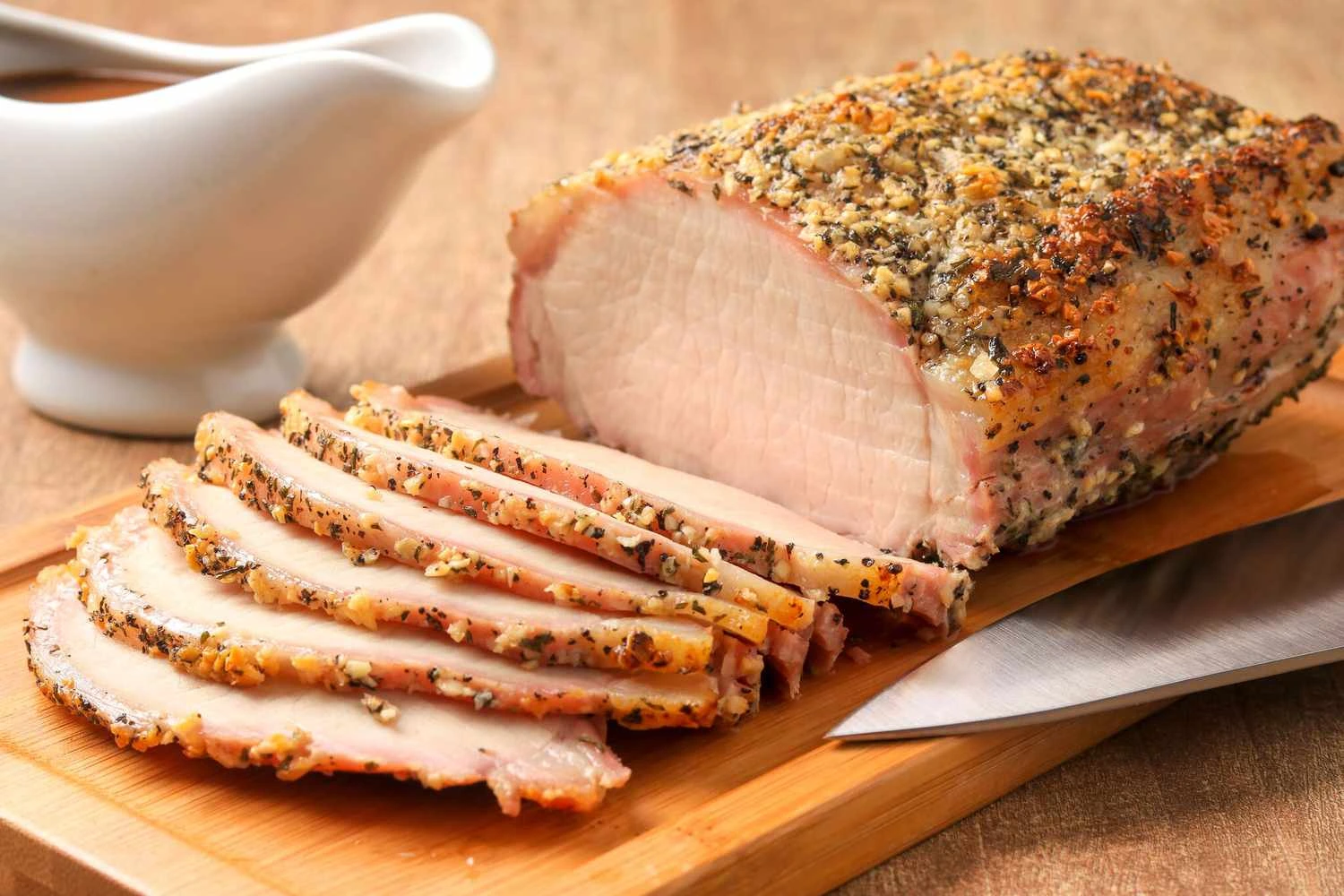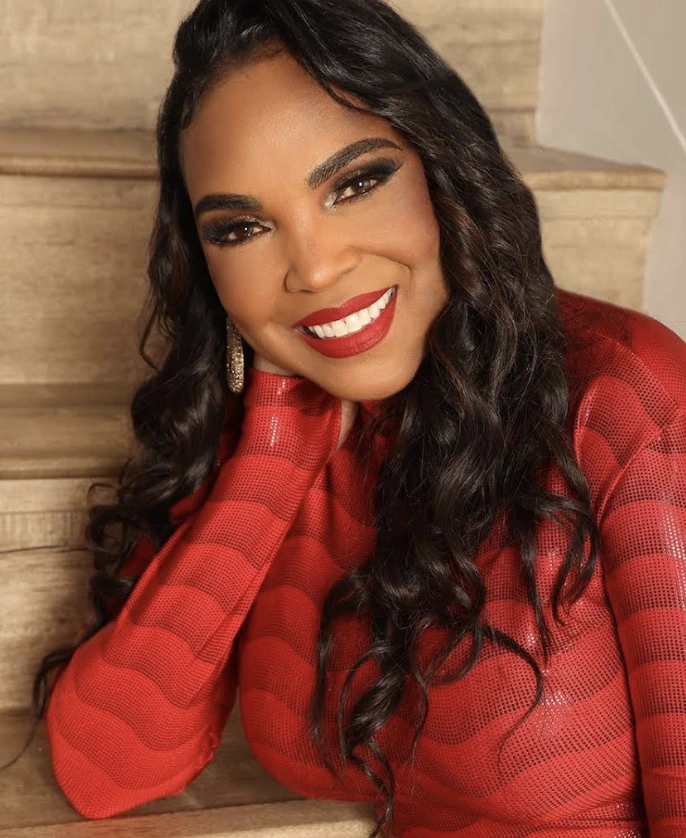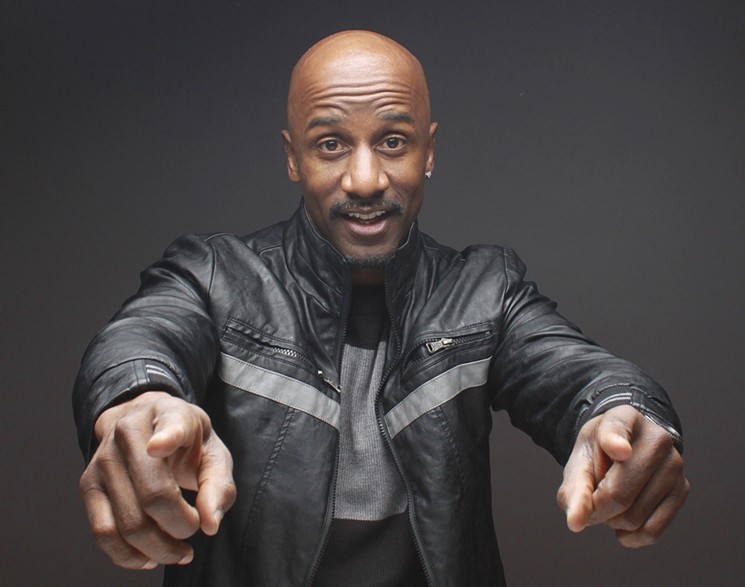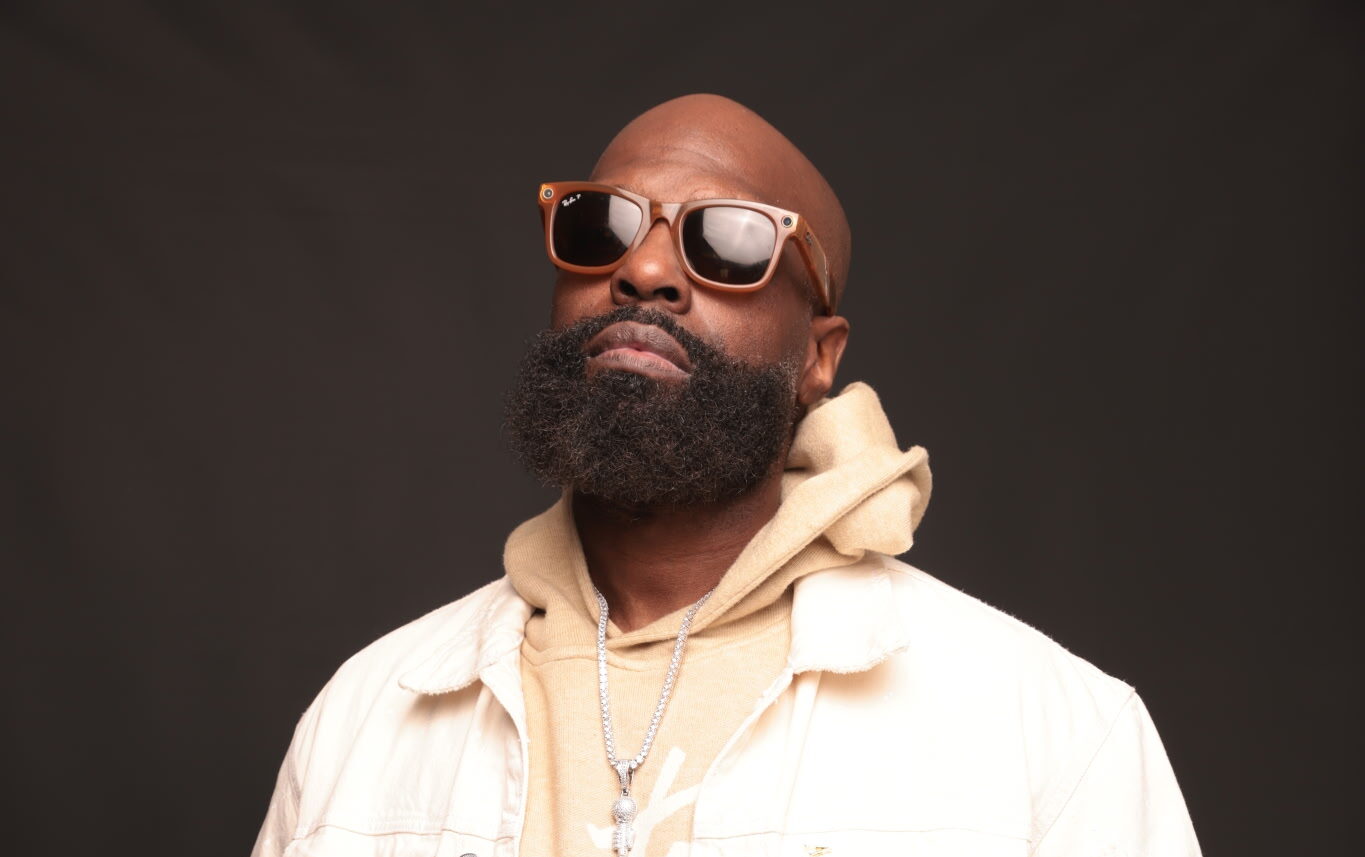Dr. Reyzan Shali’s Journey of Resilience and Healing
In a world often clouded by chaos, fear, and division, stories like Dr. Reyzan Shali’s rise like sunlight through storm clouds — warm, real, and undeniably human. Hers is a
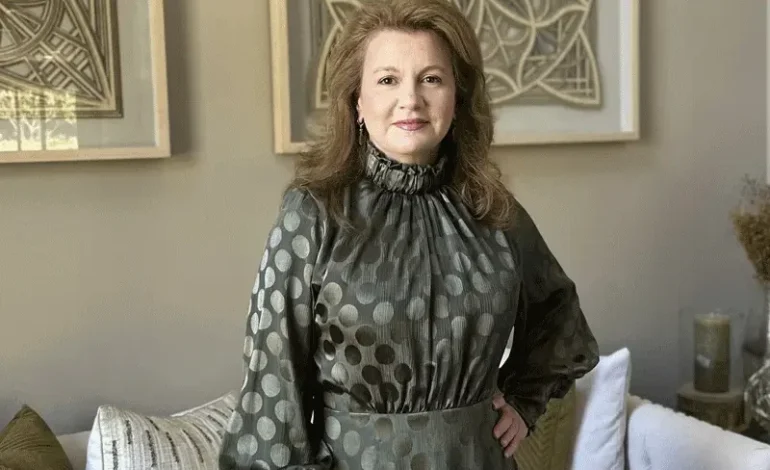
In a world often clouded by chaos, fear, and division, stories like Dr. Reyzan Shali’s rise like sunlight through storm clouds — warm, real, and undeniably human. Hers is a story that begins in the heart of Baghdad and winds through war, loss, and perseverance before finding its home in the bright corridors of a California medical practice. It’s a story about courage, compassion, and what it means to hold fast to one’s humanity when everything else seems uncertain.
Born to loving Kurdish parents in Iraq’s capital, Dr. Shali grew up amid both beauty and instability. “I was raised by two of the kindest souls,” she says softly. “My mother was graceful and compassionate. My father was strong — gentle yet firm, and endlessly proud of who we were as Kurds.”
The Ali household was a sanctuary of laughter, prayer, and respect — a small refuge from the unrest that simmered just outside their doors. “Our home was filled with love,” she recalls, “but outside, the world was unpredictable. The political turmoil, the fear — it became part of daily life. Yet my parents always reminded me: ‘No matter what happens, you are defined by how you treat others.’ That lesson became my foundation.”
The Roots of a Calling
Dr. Reyzan Shali’s desire to become a doctor took root early. She remembers watching relatives — many of whom worked in medicine — treating patients with gentleness and dignity. “People came to them broken, in pain, and they left lighter. I saw the way healing could restore not just the body but the spirit. That fascinated me.”
It wasn’t long before she decided that medicine was her destiny. She began her studies in Baghdad, dedicating herself to the demanding pursuit of a medical degree. It was during this time that her family was struck by tragedy: shortly after she came to the United States, she lost her father to cancer.
That loss changed everything. “My father was my hero,” she says. “I wanted to go into oncology because I wanted to save people like him. But I realized I was too emotionally connected — I cried with every patient. I saw my father in all of them.”
Instead, she chose internal medicine — a field that allowed her to help people every day while connecting with them on a deeply human level. Her empathy, she says, became both her strength and her challenge.
From Baghdad to the Unknown
Leaving Iraq was one of the hardest choices of her life. “I left with nothing but hope — and a hundred dollars,” she recalls. “I washed dishes, waited tables, did anything I could to survive. But I didn’t mind. I believed in what was ahead of me.”
Her early years in America were filled with exhaustion and awe. “Everything was different — the language, the culture, the expectations. But I saw opportunity everywhere. Even when I struggled, I never lost sight of gratitude. I was free to build a future.”
Dr. Shali completed her medical residency in Michigan, later moving to California with her husband and young son. Eventually, she joined respected medical groups including the Scripps Coastal Medical Group, and today, she practices with Tri-City Primary Care in Vista, California.
Her patients describe her as compassionate, intuitive, and fiercely dedicated. “Medicine is not just about charts and numbers,” she says. “It’s about connection. Every patient who walks into my office brings a story, a life. I want to see the human being behind the diagnosis.”
A Book Born from Healing
After years of medical practice, Dr. Shali felt compelled to reach beyond her clinic walls. She began writing a book — a guide to help cancer patients and their families navigate the fear and misinformation that often surround diagnosis and treatment.
“It started as a love letter to my father,” she explains. “But it grew into something larger — a message of empowerment and hope for anyone facing illness.”
The process of writing was cathartic. “I poured my heart into it. I wanted it to be honest and healing,” she says. “I planned to send the first copy to my mother, who was living in Lebanon at the time. Sadly, she passed before I could. So I dedicated it to both my parents. They are my eternal motivation.”
Her book blends science with soul, encouraging prevention through diet, screening, and lifestyle changes. But its deeper message is about taking back control — emotionally and spiritually — even when the body feels powerless. “Illness can make you feel helpless,” she says. “But you are never powerless. Knowledge, compassion, and self-care are your tools.”
A Journey of Self-Love
While her career flourished, Dr. Shali quietly battled her own demons. Years of criticism and misunderstanding had left emotional wounds. “I was always the outspoken one — the one who stood up for what I believed in. That didn’t always sit well with people,” she admits.
Her willingness to challenge norms and speak truth to authority made her both respected and misunderstood. “People told me I was too defiant, too emotional. Over time, I began to internalize their negativity. I started to believe something was wrong with me.”
It took years of reflection to realize the truth: “Their judgments had nothing to do with me. They were reflecting their own insecurities, their own pain. When I understood that, I began to heal.”
Now, Dr. Shali shares her story of resilience through public speaking and community outreach. “I want to tell others — especially young women — that you can rebuild yourself. You can choose love, even after years of doubt.”

Embracing Kurdish Heritage
At the heart of Dr. Reyzan Shali’s identity is her Kurdish heritage — a lineage marked by both suffering and pride. “I am the daughter of two Kurdish parents who taught me what courage looks like,” she says. “My people have faced unimaginable trials, yet they never lost their humanity.”
She recalls watching a talk by author Stephen Mansfield about the Kurdish people — and being moved to tears. “He spoke about their bravery, their resilience, their respect for women. Those words hit home because I have seen it firsthand. The Kurds are not just survivors — they are rebuilders.”
Mansfield highlighted the prominence of women in Kurdish society, a point that filled Dr. Shali with pride. “He said Kurds are proud that women play such a vital role in their communities. That’s the truth. Our women are strong, nurturing, and fearless. They are the backbone of our culture.”
Dr. Shali often reflects on the quiet strength of her mother — and the respect her father showed her. “They weren’t wealthy or powerful, but their love was their legacy. My father treated my mother as his equal, and that shaped my understanding of partnership and respect. That’s what I want to pass to my sons.”
Between Two Worlds
Immigrating to America meant living between worlds — carrying her Kurdish roots while adapting to a new culture. “You never truly leave your homeland,” she says. “It lives in you — in your language, your food, your dreams. But you also build a new identity, one that blends both worlds.”
There were moments of loneliness, times when she questioned if she belonged anywhere. “I missed the smell of our food, the music, and the laughter of my people. But every time I felt homesick, I remembered why I came — to create a better life, to serve.”
Her connection to both lands has deepened her empathy as a doctor. “When patients come to me from different backgrounds, I understand what it means to start over. I know what it’s like to be afraid and hopeful at the same time. That’s why I listen — because sometimes, being heard is the first step to healing.”
The Human Side of Medicine
To Dr. Reyzan Shali, the greatest challenge in modern medicine is remembering the human side of care. “We are taught to treat diseases, not people,” she explains. “But every symptom has a story. Every diagnosis carries emotion.”
She advocates for more holistic approaches — combining medical expertise with mindfulness, nutrition, and empathy. “Healing is not just physical. It’s emotional, spiritual, relational. When we treat people with kindness, we activate the body’s ability to heal.”
Her colleagues often describe her as the doctor who never rushes her patients. “Some appointments run long,” she laughs. “But that’s okay. I want my patients to feel seen. I want them to leave knowing someone truly cares.”
Motherhood and Legacy
Outside the clinic, Dr. Shali is a devoted mother of two sons. Balancing career and motherhood has not been easy, but she embraces both roles with gratitude. “My boys are my greatest teachers,” she says. “They’ve shown me patience, humility, and unconditional love.”
She teaches them the same lessons her parents taught her — kindness, respect, and courage. “I tell them, people will try to make you feel small. But remember, their actions reflect them, not you. Always choose compassion. Always stand up for what’s right.”
Motherhood, she says, has also deepened her connection to her late parents. “I see my father’s smile in my sons. I hear my mother’s laughter in my home. They live on through us.”
The Power of Storytelling and Service
Beyond her medical work, Dr. Shali has become a sought-after speaker, sharing her journey of resilience and empowerment. “I tell my story not to highlight my struggles, but to remind others that they can overcome theirs,” she says. “If my words help even one person rediscover hope, then I’ve done my job.”
She believes that storytelling is medicine — for both the teller and the listener. “When we share, we connect. And in that connection, healing begins.”
Why Her Story Matters
Dr. Reyzan Shali’s journey is not just about medicine or migration. It’s about identity, faith, and purpose. It’s about how one woman turned pain into power, loss into legacy, and struggle into service.
“Resilience is not the absence of hardship,” she says. “It’s the decision to keep showing up with love — even when life tries to break you.”
Her story reminds us that even when the world feels divided, compassion remains our common language. Whether in Baghdad, Kurdistan, or California, whether through a stethoscope or pen, Dr. Shali continues to live her parents’ lesson: kindness is strength.
At Ravoke.com, we proudly stand with voices like Dr. Reyzan Shali’s — voices that uplift, empower, and heal.
Her life, her words, and her unwavering spirit remind us that no matter where we come from, we can always choose empathy, resilience, and love.
For more information on Dr Reyzan
About the Writer
Charles Mattocks is an award-winning filmmaker, actor, author, and global health advocate. The nephew of reggae legend Bob Marley, Charles has devoted his life to raising awareness about chronic illness, health equity, and personal empowerment. His groundbreaking television projects — including Reversed and Eight Days — have aired on major networks and inspired audiences worldwide.
As a writer for Ravoke Charles brings his passion for truth, healing, and storytelling to life. His belief is simple yet profound: “Every person has a story that can heal the world — if we’re willing to listen.”


